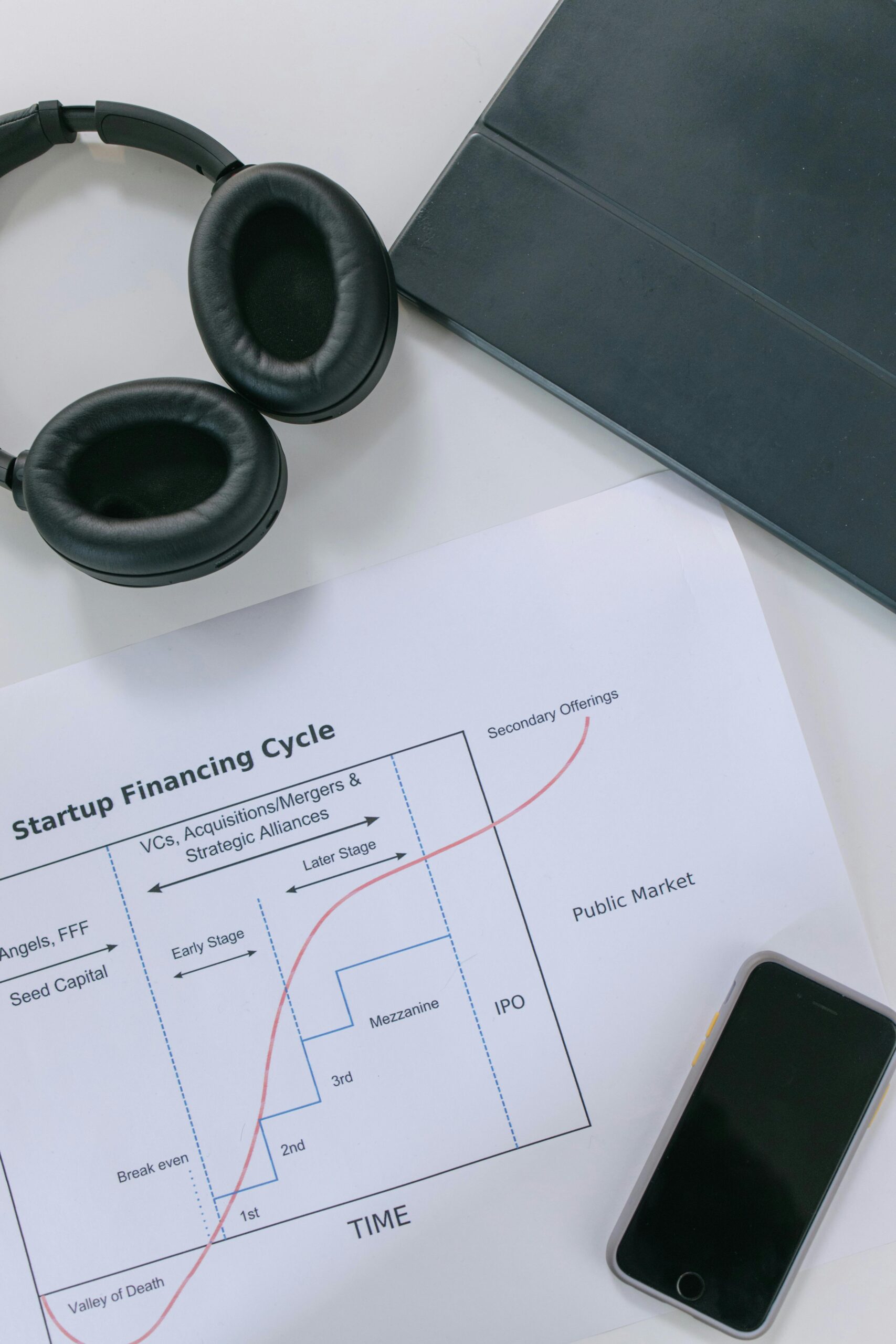An Initial Public Offering (IPO) is a significant event for every company. It marks the first time a privately-owned company offers its shares to everyone in the stock market, allowing investors like you and me to buy a piece of the business they worked so hard for. For many companies, going public is a way to raise large amounts of capital to fuel future growth, while for investors, it presents a unique opportunity to invest in a company at an early stage and profit from the growth of the company. In this article we will show you what an IPO is, how it works, and what to consider when investing into a company’s shares for the first time.

What is an Initial Public Offering?
An IPO is when a private company decides to sell its shares to the public for the first time. Before this event, a company typically has a few investors, like founders, venture capitalist or banks. When the company goes public, they list their shares on a stock exchange. Popular stock exchanges are NYSE, NASDAQ and the Chicago Stock Exchange. This allows everyone to purchase these shares and become a shareholder. By offering shares to the public, a company can raise a significant amount of capital, which they can use to expand operations, fund new projects, invest in research and overall just use the funds to grow their company.
How does an IPO work?
The process before a company can go public is difficult and involves several steps.
- Hiring underwriters. Companies usually work with investment banks (underwriters) to asses their value. These underwriters also create a prospectus, which is a financial document which describes the financial security of a company. Underwriters help with determining how much money the IPO should raise to finance a future project as well.
- Setting the initial price. The company and its underwriters set the IPO price based on several factors. These factors include the market conditions, the company’s financials and the demand that investors show for the shares. The price should reflect what investors are willing to pay for a stake in the business.
- Going public. On the day of the IPO, the stocks are released onto the stock exchange. From this point, shares are available for public trading and their value can fluctuate based on supply and demand.
After the IPO. When the IPO released, the company became publicly traded. This means that its stock price and performance are influenced by the market. The company will now also have to follow strict reporting rules to provide transparency and information to its investors.
Reasons that companies go public

When a company goes public, this event offers several opportunities and benefits.
- Raising capital. This is the most common reason. Going public is a way that companies can raise capital fast to finance future projects or expansions.
- Brand awareness. Being listed on a stock exchange can lead to increased visibility and prestige.
- Profit for early investors. An IPO often allows early investors, like founders, to sell their shares for a significant profit.
Risks and rewards for investors
Investing in an IPO can be an exciting and profitable opportunity, but it certainly comes with risks. Here is what investors should consider.
The rewards of investing in an IPO:
- Growth potential. Companies usually go public when they are getting ready for expansion. This means the potential for growth and stock price increase can be pretty substantial.
- Early access. Buying shares in a company early on can lead to significant profits if the company grows and the stock price increases with this growth. Especially on the long term you can see significant profit.
The risks of investing in an IPO:

- Volatility. IPO stocks can be incredibly volatile, especially in the early stages. Prices can swing significantly based on market sentiment and company performance. No one knows 100% accurately what will happen when the market adjusts onto the new stock.
- Overvaluation. Sometimes companies go public with a stock price that is higher than their value. This leads to a decrease in stock price once the market adjusts.
- Limited information. Most of the companies that go public haven’t been around that long. This means that they don’t have that big of a track record. This can make it more difficult to predict the long term success of the company.
Should you invest in an IPO
Investing in an IPO can be exciting and profitable, but its not without challenges. Here are a few tips to keep in mind if you are considering IPO investments.
- Do your research. Research the company’s prospectus, financial history and plans for the future before making your decision.
- Consider the risks. Like we discussed before, IPO stocks can be volatile or overvalued.
- Diversify your portfolio. As with any investment, it is important to not put all your eggs in one basket. By diversifying your portfolio you can spread the risk.
Conclusion
An IPO can be a crucial and promising moment for both the company and for investors. For the company it is an opportunity to raise capital and achieve further growth. For investors it is a possibility to get in on the ground floor of a company with a promising future. However, with this opportunity also comes risk. By doing research, understanding and analysing the risks and diversifying your portfolio you can make a informed decision about whether to get in on the action of the IPO and when to sell your shares.
